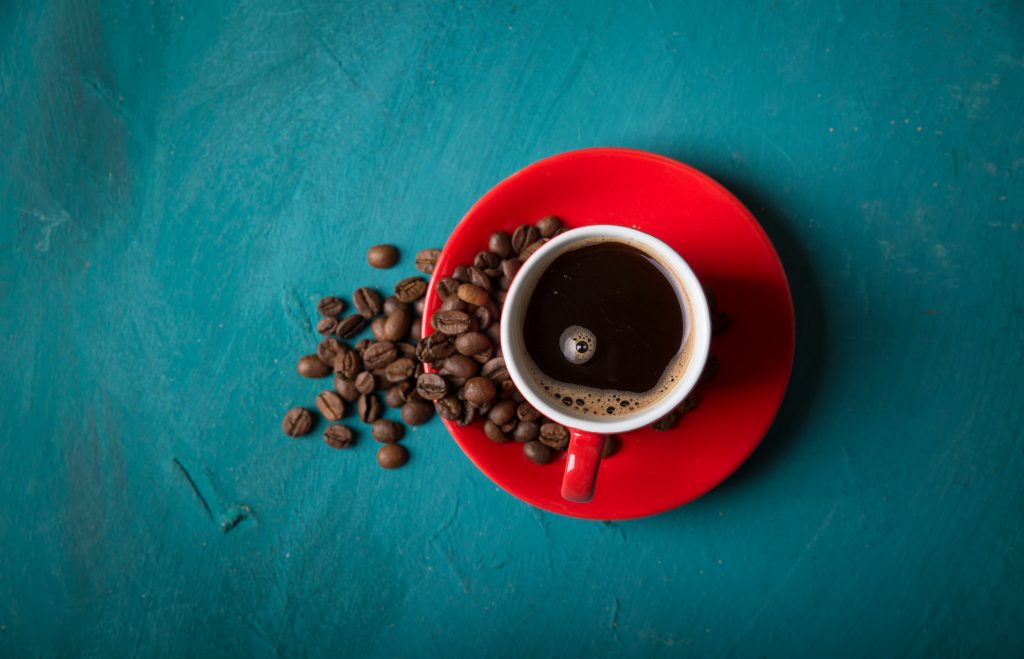
www.optimistdaily.com
Brewing better health: Harvard study explains what coffee has to do with aging well
BY THE OPTIMIST DAILY EDITORIAL TEAM
Your daily cup of coffee might be doing more than waking you up; it could be helping you age more healthfully. According to a sweeping new study from Harvard University, moderate coffee consumption during midlife is linked to better mental and physical health later in life.
Researchers followed nearly 50,000 women over a 30-year period and found that each 8-ounce (340-ml) cup of coffee per day was associated with a 2 to 5 percent increase in markers of healthy aging. And no, tea, decaf, or cola didn’t make the cut.
A long brew: 30 years of data
The study, presented at the Nutrition 2025 conference, analyzed data from 47,513 women in the long-running Nurses’ Health Study. Starting in 1984, researchers tracked participants’ diet, lifestyle, and health every four years. By 2016, 3,706 women had reached the study’s definition of “healthy aging.”
So what counts as aging well? In this study, it meant being at least 70 years old without major chronic diseases, cognitive impairments, mobility issues, or memory complaints. Participants who met those criteria were grouped as “healthy agers.”
Dr. Sara Mahdavi from the Harvard T.H. Chan School of Public Health highlighted the study’s scope: “In addition to the large sample size and 30 years of follow-up, we assessed several different aspects of longevity and healthy aging, as well as comprehensive information on nutritional and lifestyle habits.”
Coffee comes out on top
The majority of caffeine consumed by the healthy aging group came from coffee—about 315 mg per day, or roughly three small cups (1.5 large ones by today’s standard). Researchers found that for every 80 mg of caffeine consumed daily, which amounts to approximately one small cup of coffee, health markers improved by two to five percent.
Interestingly, other caffeinated drinks didn’t share the same glow. Tea and decaf coffee had no significant association with better aging outcomes. Even worse, caffeinated cola took a dive. Each 12-ounce (355-ml) glass of cola per day was linked to a 20 to 26 percent drop in the likelihood of aging healthfully.
“While past studies have linked coffee to individual health outcomes, our study is the first to assess coffee’s impact across multiple domains of aging over three decades,” Mahdavi said. “The findings suggest that caffeinated coffee—not tea or decaf—may uniquely support aging trajectories that preserve both mental and physical function.”
Don’t ditch your dumbbells yet
Before you grab a fifth espresso in the name of science, it’s worth noting that the effects, while encouraging, are relatively modest. And as always, correlation doesn’t mean causation. Genetic differences in caffeine tolerance and other lifestyle factors also play major roles.
“Moderate coffee intake may offer some protective benefits when combined with other healthy behaviors such as regular exercise, a healthy diet and avoiding smoking,” Mahdavi explained. “These results, while preliminary, suggest that small, consistent habits can shape long-term health.”
Next up, researchers plan to dive deeper into how specific compounds in coffee might influence the biological pathways of aging.
So while coffee isn’t a magic longevity potion, your daily brew may be doing more for you than just fueling your to-do list. Sip, smile, and maybe skip the cola.The post Brewing better health: Harvard study explains what coffee has to do with aging well first appeared on The Optimist Daily: Making Solutions the News.










